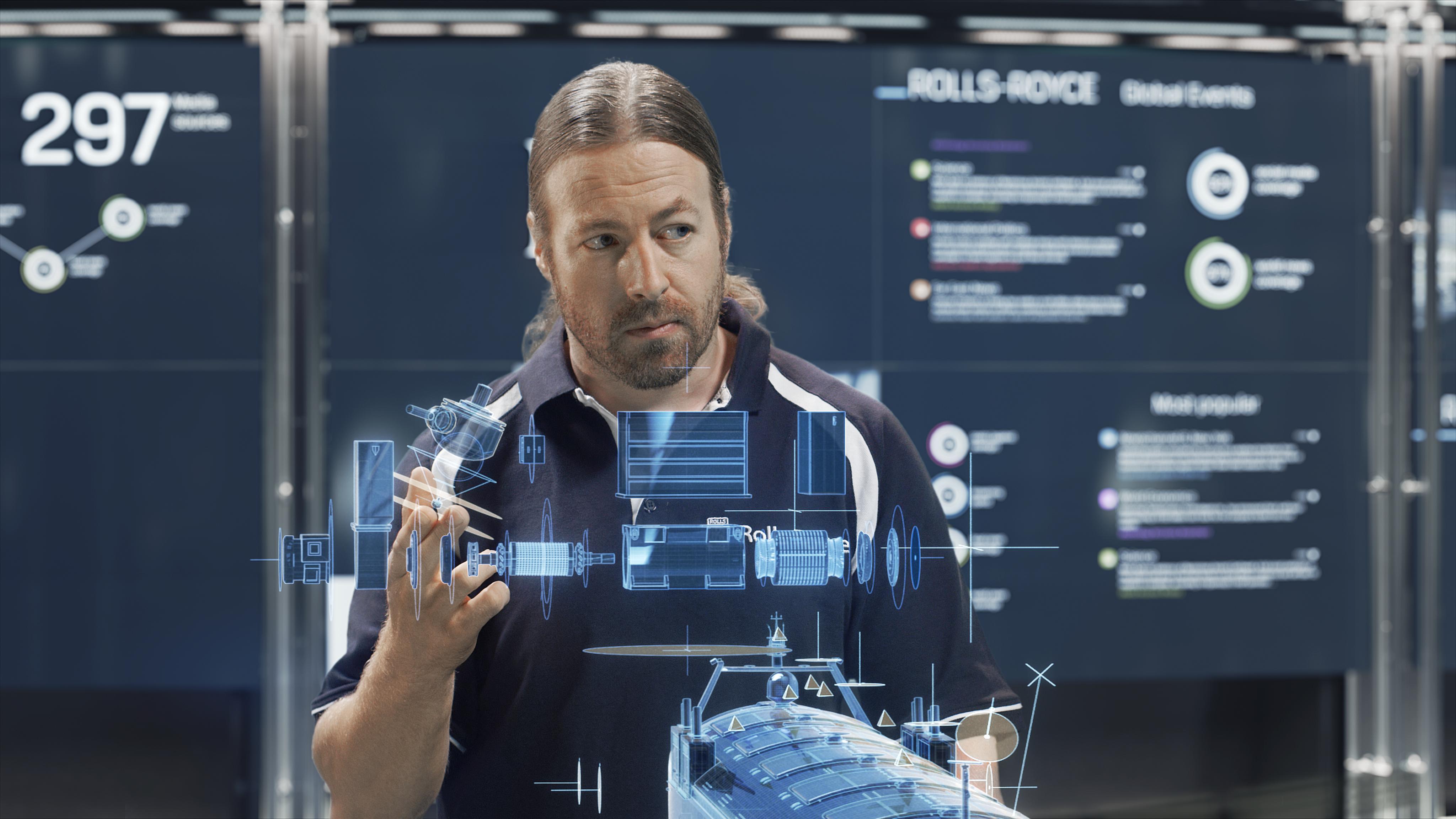Self-driving boats to be tested on the canals of Amsterdam
Self-driving boats, known as Roboats, will be trialled on the canals of Amsterdam over the next five years.
From next year, prototypes of self-driving boats – known as Roboats – will be tested on the canals of Amsterdam.
The five-year project is being run by the Amsterdam Institute for Advanced Metropolitan Solutions (AMS Institute) in collaboration with researchers from the Massachusetts Institute of Technology (MIT).
It is the first large-scale research programme looking at the uses of self-driving boats in metropolitan areas.
It will focus on moving people and goods, portable infrastructure and data gathering.
“Imagine a fleet of autonomous boats for the transportation of goods and people, but also think of dynamic and temporary floating infrastructure like on-demand bridges and stages, that can be assembled or disassembled in a matter of hours,” said MIT’s professor Carlo Ratti, who is the principal investigator in the Roboat-programme.

The Roboat could be used to make temporary bridges
The project has a €25 million budget.
Researchers say it could also have a positive impact on the canal environment.
AMS Institute’s scientific director, Professor Arjan van Timmeren, said: “Roboat offers enormous possibilities as we’ll also be exploring environmental sensing.”
“We could, for instance, do further research on underwater robots that can detect diseases at an early stage or use Roboats to rid the canals from floating waste and find a more efficient way to handle the 12,000 bicycles that end up in the city’s canals each year,” he explained.
Although set in Amsterdam, it is hoped the programme will become a reference study for many urban areas around the globe.
The city was chosen as nearly one quarter of Amsterdam is made up of waterways, all of which play a major role in recreation and tourism.

Roboat could also be used to transport goods
Roboat is being welcomed by Amsterdam’s alderman and vice mayor, Kajsa Ollongren.
“It is a fantastic opportunity for Amsterdam. To have the world’s most prominent scientists work on solutions with autonomous boats in this way is unprecedented, and most fitting for a city where water and technology have been linked for ages,” she said.
Roboat will be conducted by researchers from MIT, Delft University of Technology (TUD) and Wageningen University and Research (WUR).
The first prototypes of the self-driving boats will be visible in the waters of Amsterdam in 2017. Different sizes and shapes of the Roboat will be tested.
Other research will also be taking place in Cambridge, Massachusetts, USA, and Delft and Wageningen in The Netherlands.
Royal Navy tests drone boat – MAST – on the River Thames
Called Maritime Autonomy Surface Testbed (MAST), the drone boat has undergone sea trials ahead of the Unmanned Warrior exercise in…
Pictures: Rolls-Royce announces crewless smart boats by 2020
"As disruptive as the smartphone": Rolls-Royce Marine says remote and autonomous commercial shipping will become a reality by the end…











